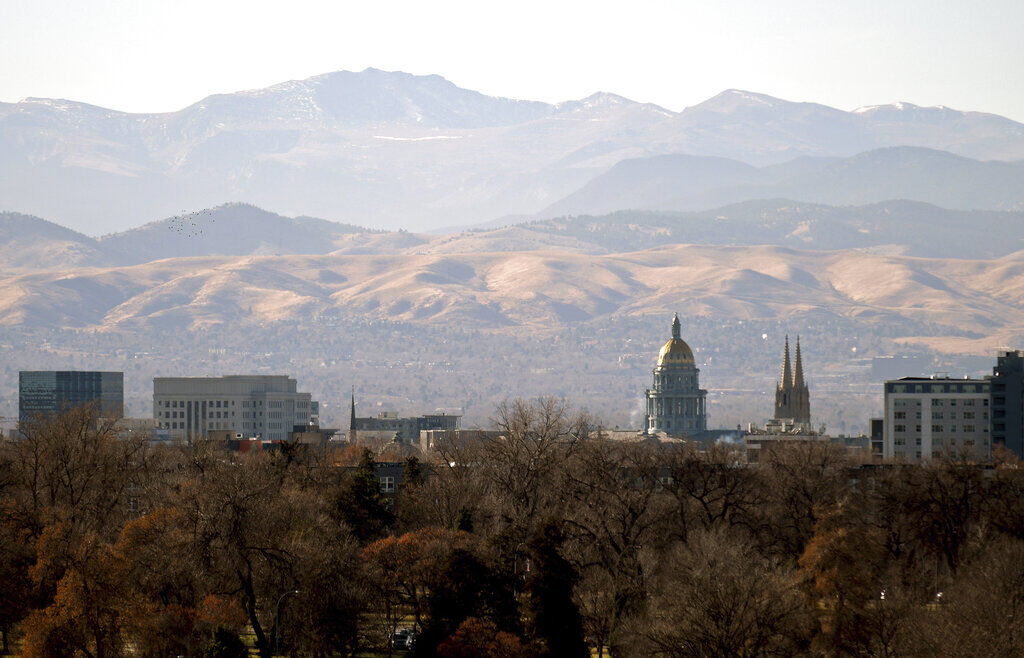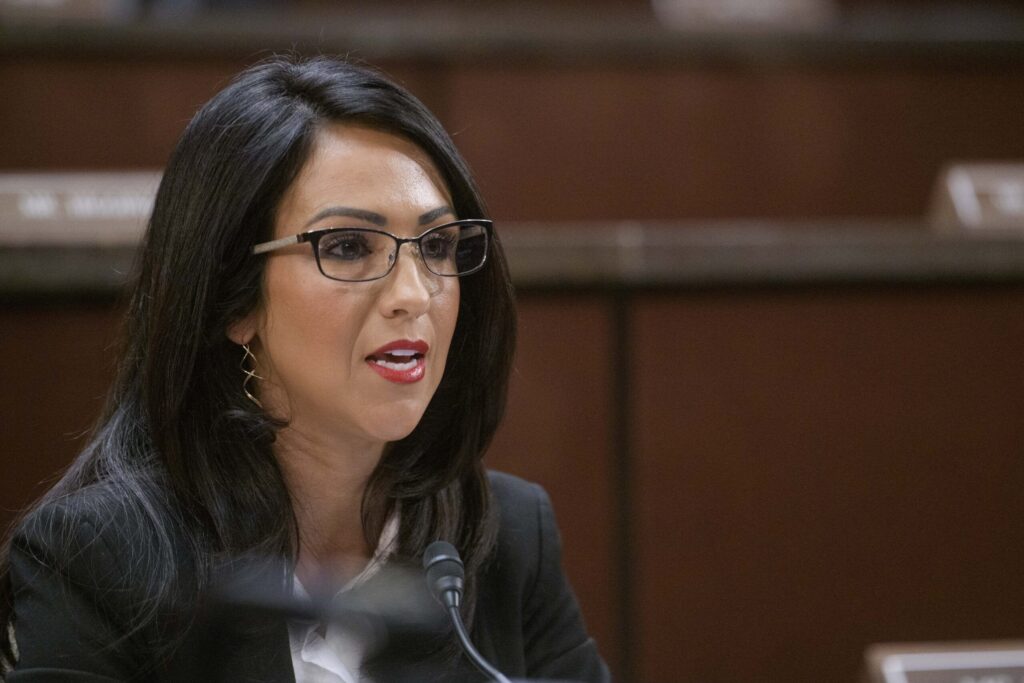INSIGHTS | A West without snow creates a Colorado you won’t know

I’ve taken this climate change talk with an attentive grain of salt, hoping, I guess, that it was overly hyped for fundraising. That’s melted away over time.
You can’t blame me for being a skeptic. I was born doubting most things. When I was a kid, pollution was depicted in the media I consumed, Mad magazine, as tires, bottles with “X” on the label and sometimes skeletons floating down the river. I thought by now we would all be wearing gas masks with belching smoke stacks on the horizon.
When I was in elementary school, we heard a lot of nuclear winter, and that went away, too.
It was about then that a coming ice age was trendy, and by the time I graduated, acid rain was the hot thing for teens to angst out about. I had to stop spraying on Right Guard because I was burning a hole through the ozone layer.
Climate change is different. We can see it all around us.
Bigger and hotter wildfires in the West year after year that burn through tax dollars that would be better spent on forest health to prevent fires before they happen. Lake Mead, the water well for the West, is running dry, with scary implications.
You can’t buy enough hay to keep cattle on Colorado’s Eastern Plains. Ranchers are culling their herds.
You can still sees the scars of the thousand-year flood in 2013 that swamped 17 counties across 200 miles. Eight people died and two others were never found. The flood destroyed at least 1,500 homes and damaged 19,000 others. I drove around giant boulders that tumbled onto the road in Boulder Canyon, trying to get to Jamestown the first day it was obvious that all hell was breaking loose. Most of the the mountain town was destroyed, a popular local character was buried in a mudslide and 300 Jamestowners were evacuated by National Guard helicopters.
And now the skies won’t snow.
Denver busted an 87-year-old record for the latest measurable snowfall set on Nov. 21, on its way to breaking an 1887 record of 235 consecutive days without snow.
A new study in the journal Nature Reviews Earth and Environment has everybody talking. Experts look at a bunch of predictive models and climate change trends and predicted that in 35 to 60 years, mountain states could go years at a time without snow.
“Diminished and more ephemeral snowpacks that melt earlier will alter groundwater and streamflow dynamics,” it states, suggesting that where you fish probably won’t be where your grandkids fish.
A West without snow won’t be anything like the West we know.
Our economy depends on snow. In 2019, nearly 87 million visitors spent more than $24.2 billion in Colorado, the state tourism office said. Offsetting means households would have to pay an average of $707 more in state and local taxes annually.
Skiing alone helps provide about 46,000 Coloradans with a year-round job, plus seasonal employment.
If only it ends there.
Colorado is the fourth-leading producer of winter wheat, which is critical to feeding livestock, at the same time higher temperatures dry up cornfields. Hay is hard to find anywhere in the West even at sky-high prices. That only drives up the price of beef. In fact, after years of decline, 20% of the cropland on the Eastern Plains is irrigated.
Colorado has 33 million acres in taxable agriculture.
If that doesn’t sting, this will: More pests are going to fly thanks to the warmer winters, and a dry tree is a dead tree and a dead tree burns.
The new study says the early end of this catastrophe could arrive as soon as 13 years, the difference between now and 2008. “Knots Landing” was on CBS for 14 years.
Steamboat Springs offered a glimpse this year. On Nov. 15, the resort announced in a Facebook video it was postponing its opening by a week to Nov. 27. Normally by then, explained resort operations VP Dave Hunter, crews would have had 200 hours of favorable conditions to lay down a base of artificial snow. This year they had eight.
This slow-moving global mess knows no borders.
Africa – Africa! – is weathering historic floods.
The Washington Post reports: “Flooding this year displaced more than 700,000 – about 1 in every 15 people in South Sudan. In some cases, mothers had so little to eat that they could not breastfeed. Cases of malaria and other waterborne illnesses surged. People spent days building mud dikes that served as their only protection from the waters.
NASA, the space agency, took a closer look at this planet: “The current warming trend is of particular significance because it is unequivocally the result of human activity since the mid-20th century and proceeding at a rate that is unprecedented over millennia.”
Whether doubters are blinded by profits, resigned to inevitability or looney with conspiracies, one catastrophe after another will mark the changes they can choose to ignore.
I remain a show-me environmentalist, but the stakes of being wrong mean a world like we’ve known lately, only worse.
I gleaned a lot about the world through comic books, Mad’s literary cousin. Ads in the back offered “Amazing X-Ray Vision Instantly.” If you’re still denying climate change, you should send in a buck and look around.














